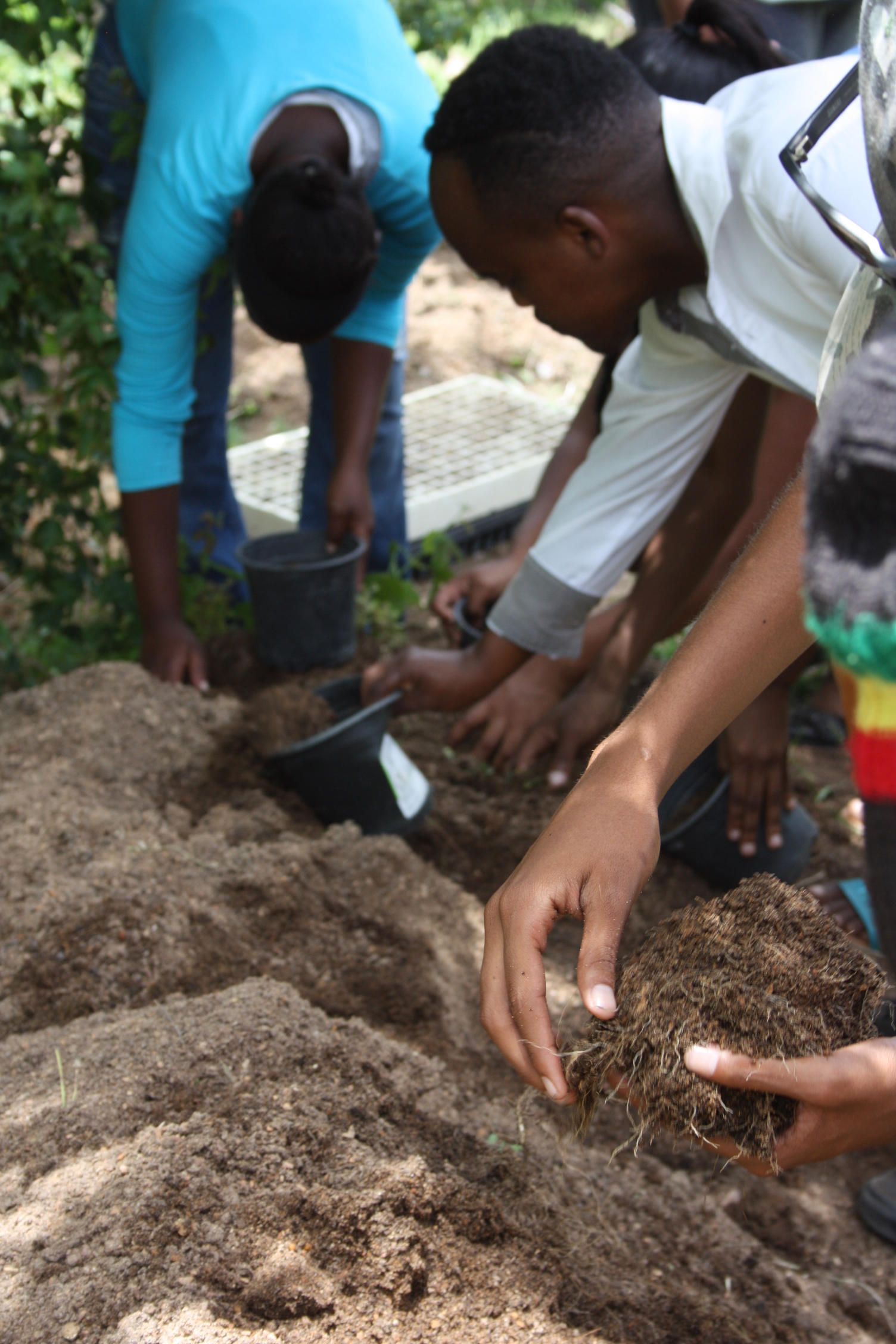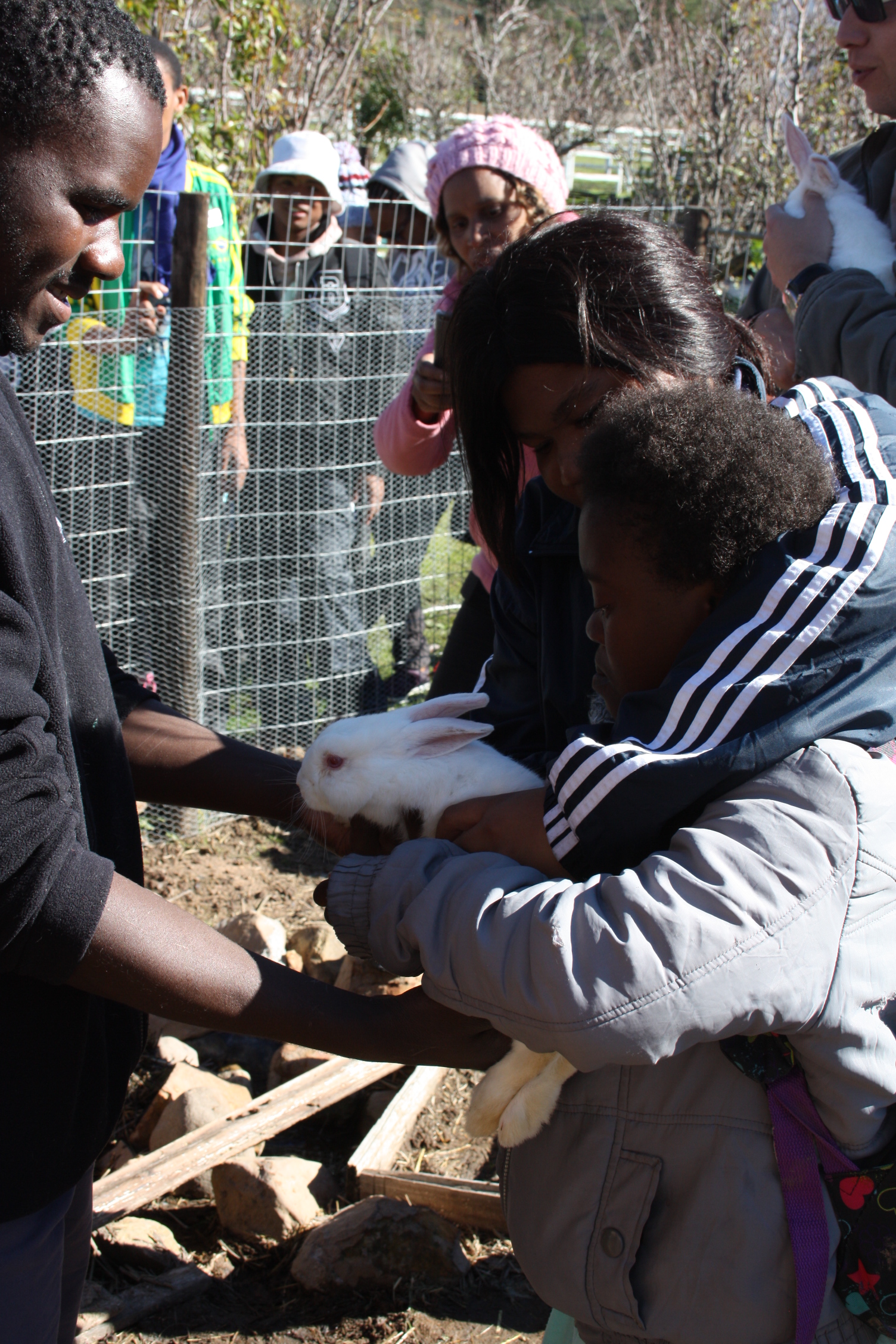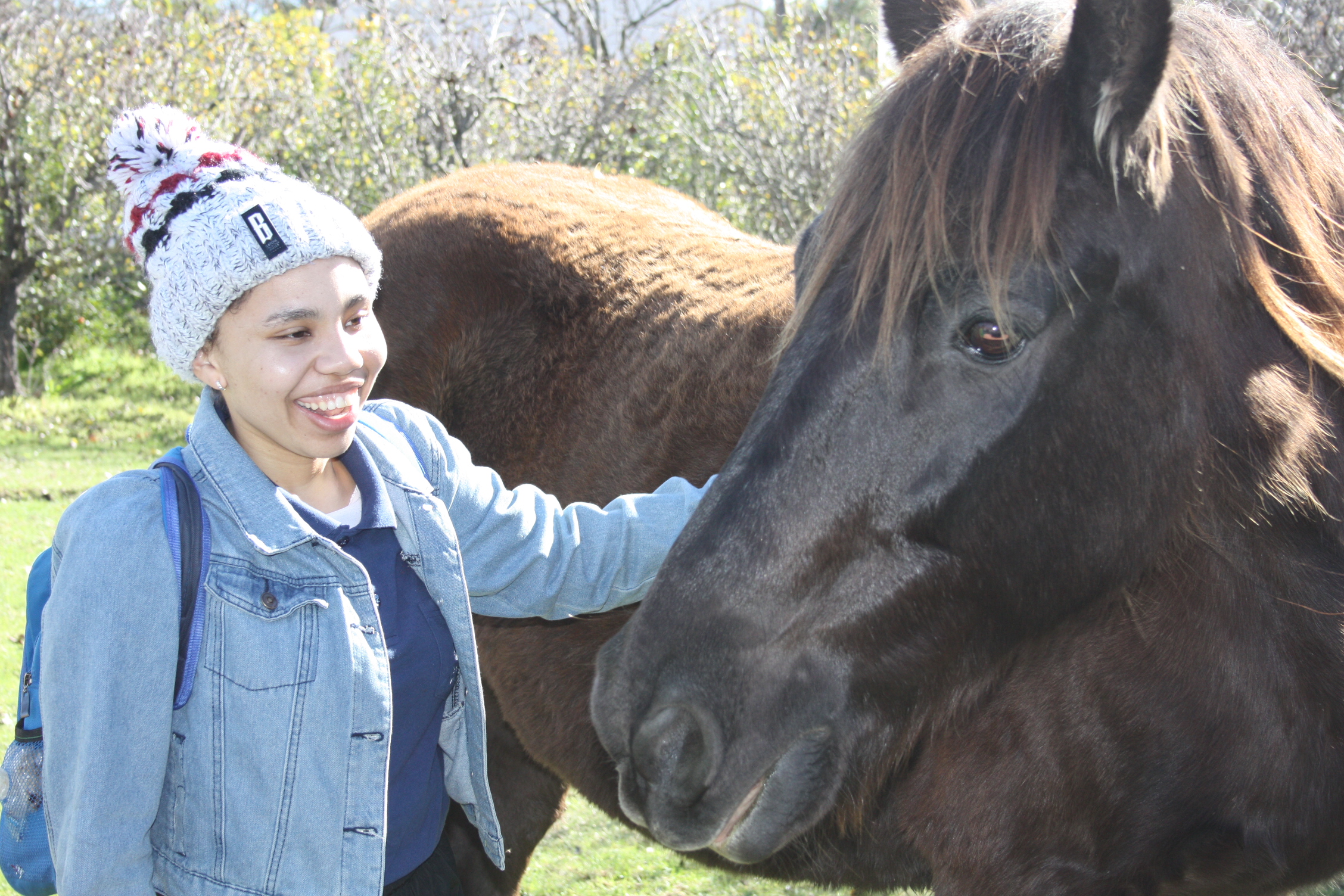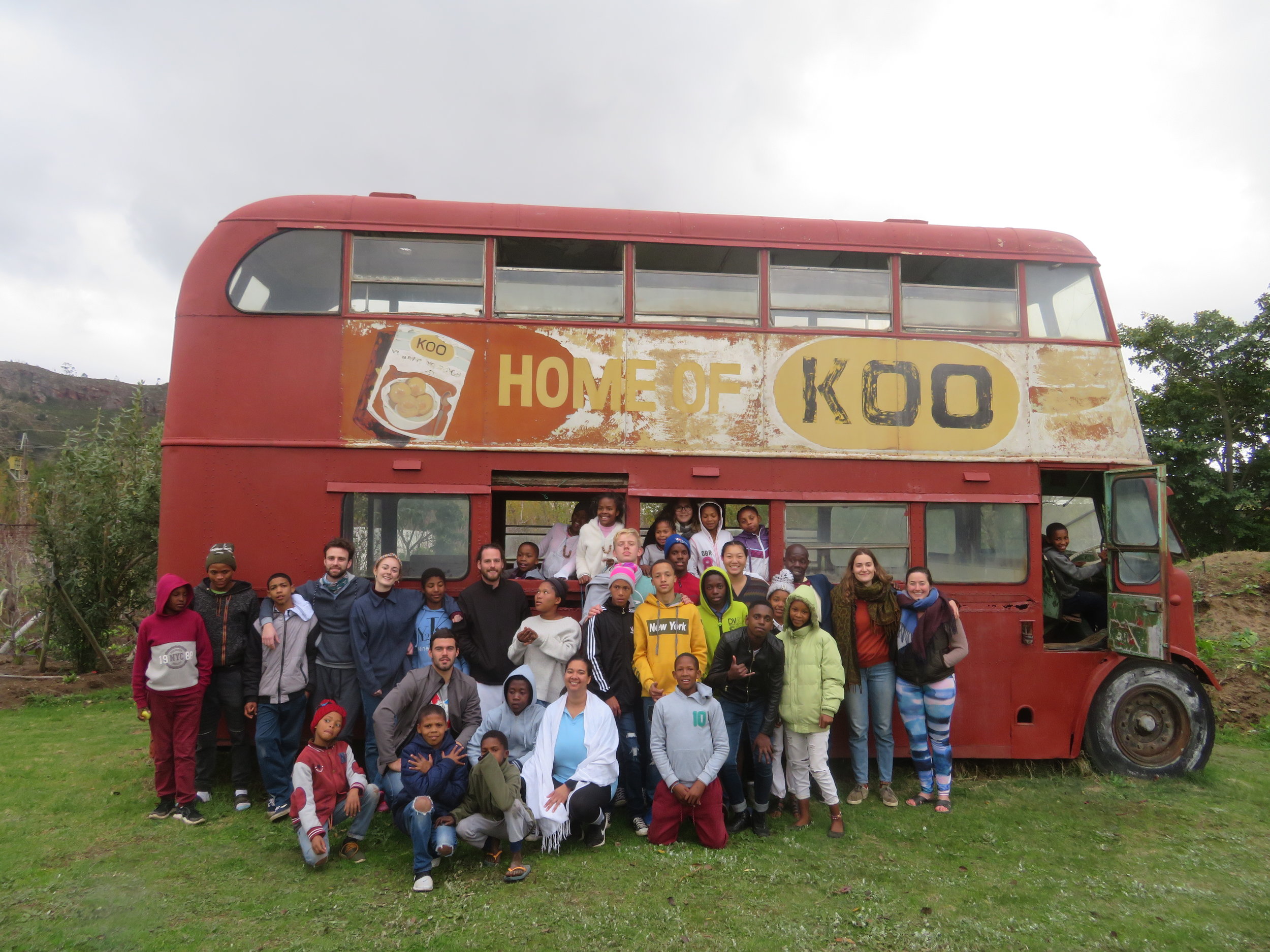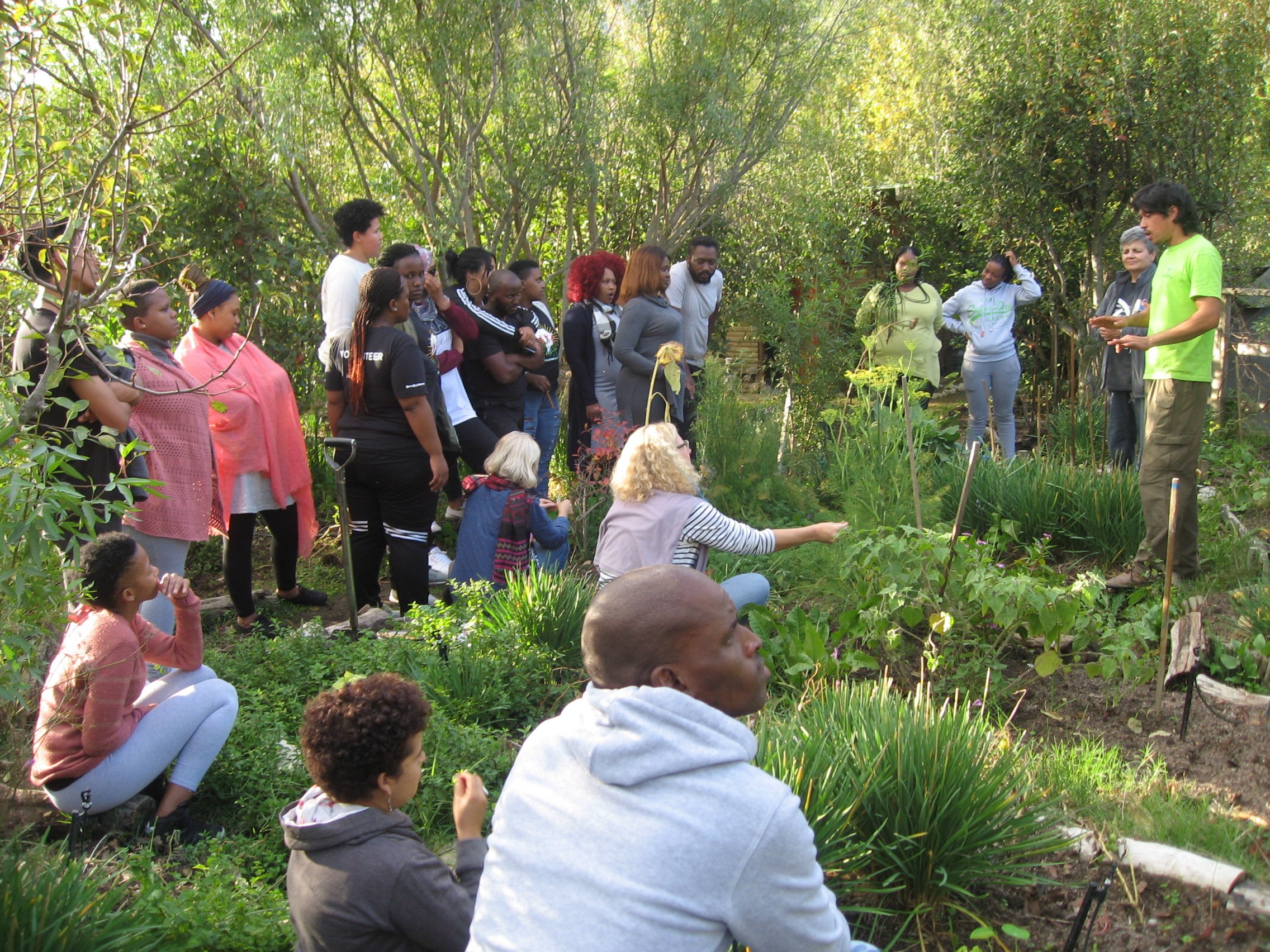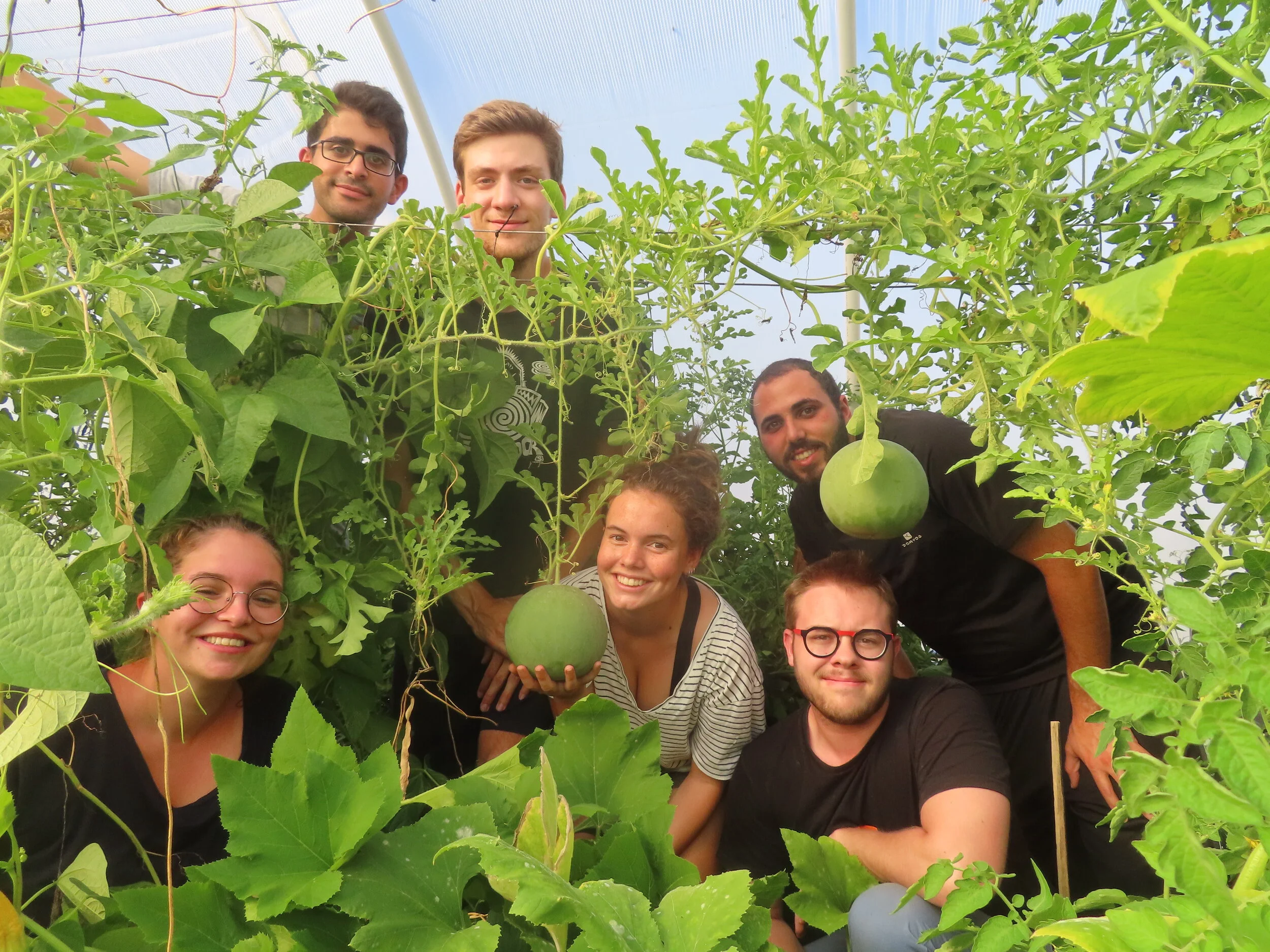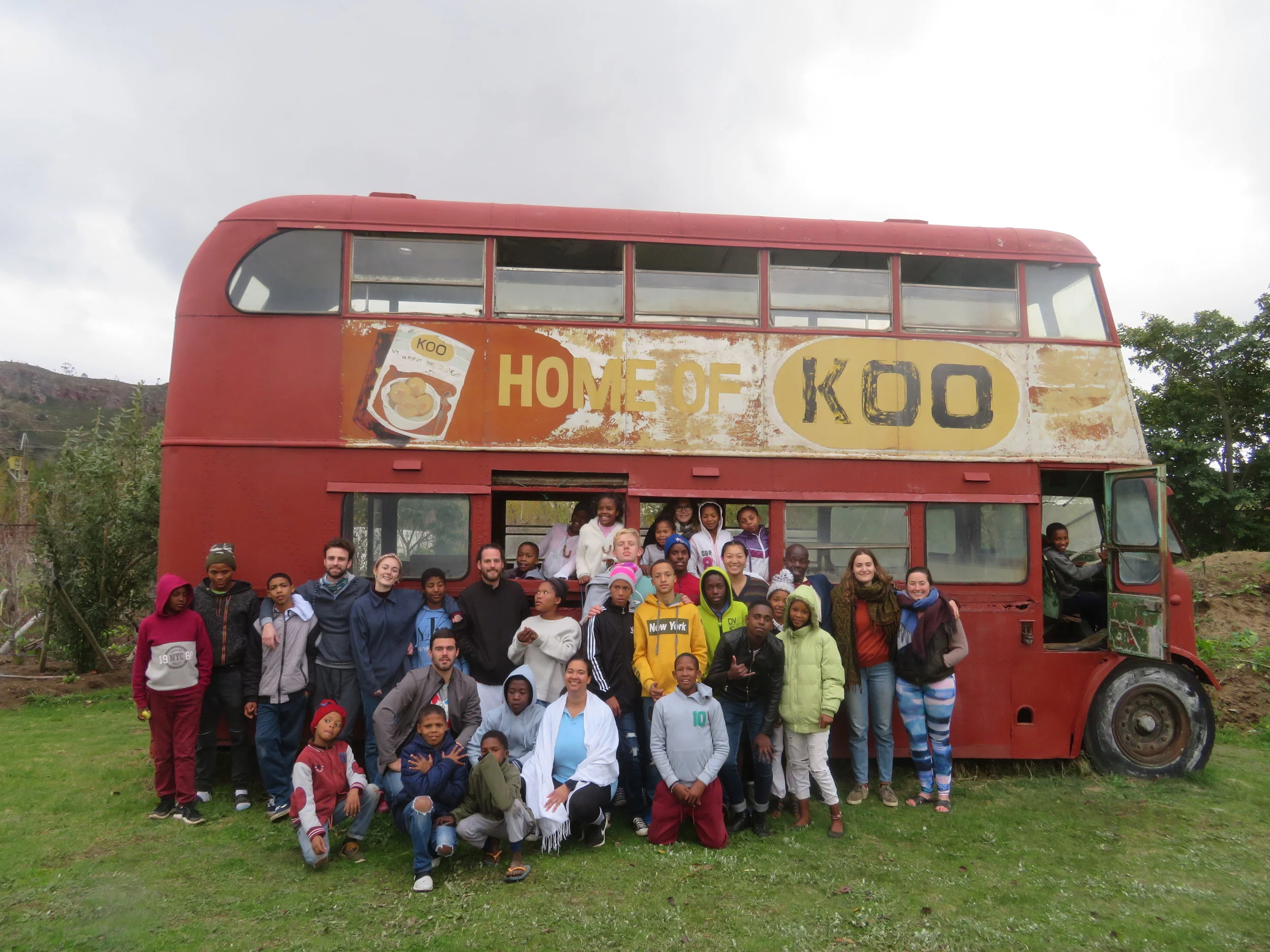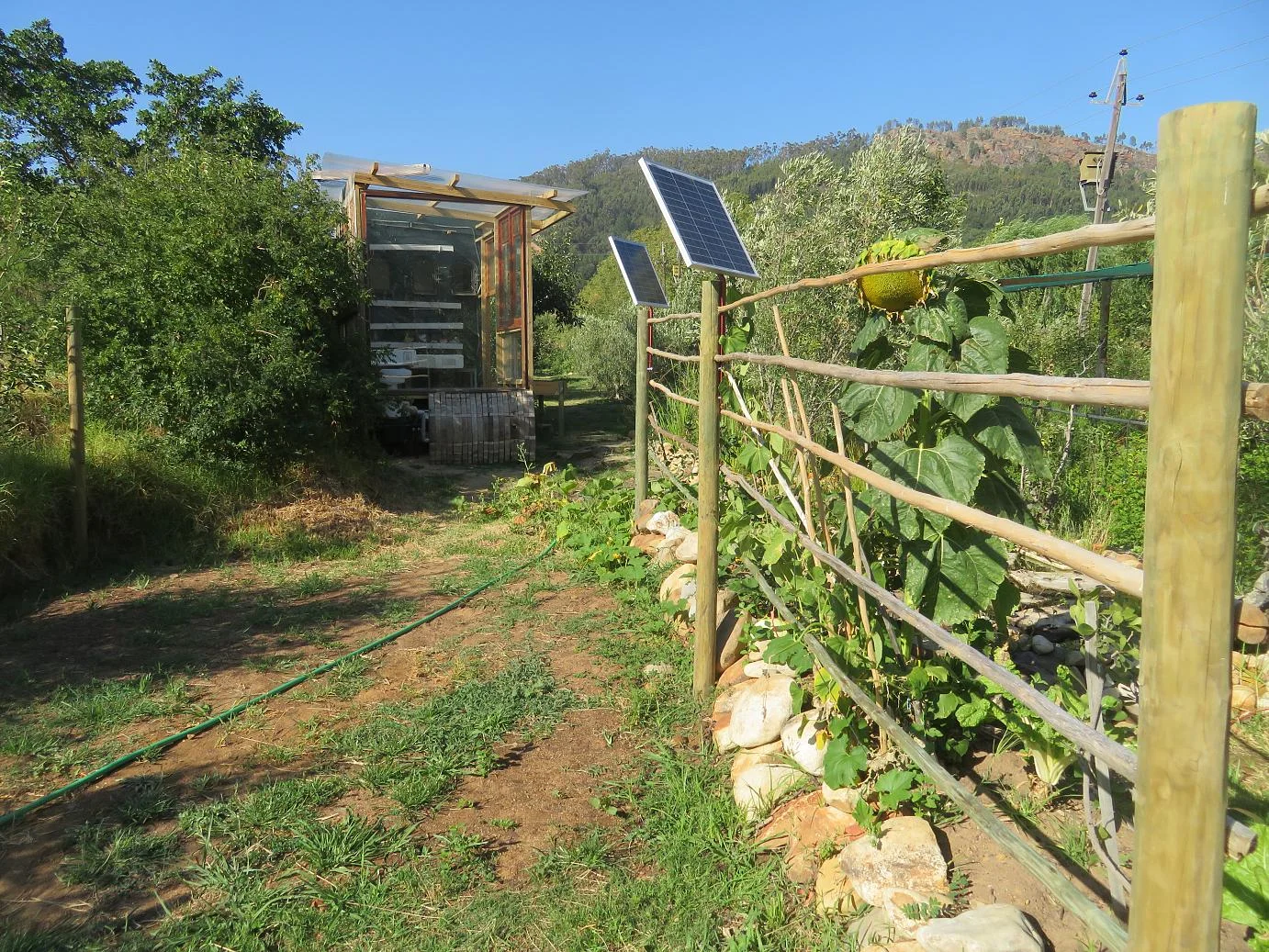education
Biosphere Hub
The Biosphere Hub, currently located in Franschhoek, functions as a training centre and a space for learning, for all ages, communities, and volunteers alike.
It hosts a seedling nursery, many varieties of vegetable gardens, and an indigenous tree nursery. It also has an installed example of the centrifugal toilet system and aquaponics and a Woodwork Workshop.
Woodwork Skills Guild
A workshop space to learn the artistry and craftmanship of woodwork. Exceptional handheld tools such as antique saws, lathes, and planers have been sourced and bought for the Woodwork Workshop. As part of the course syllabus, the items will be restored by the participants in the course. Once restored they will be able to take them home and utilize them for income generating activities.
This project supports our partner, Care Career Connection (an NPO who offer skills development in independent living-skills and upskilling, ultimately to become more independent and knowledgeable to enter the workplace in a job of their choice. As part of this programme, entrepreneurial skills are taught – woodwork, arts and crafts, and baking). Discussions with local youth organizations have taken place to implement the first Skills Guild course in 2022. Woodwork as part of ‘creative play’ in Early Childhood Development settings is being researched.
Food Security
School groups and other organizations are invited to learn about self-sustained food gardening, known as permaculture. The practice of sustainable food production takes into account conservation, biodiversity, and harmony between man and nature. Workshops include food sustainability, nutrition, up-cycling materials and how to start a food garden in one’s home.
In 2015, the CWBR developed the Ultimate Living Centre at Delvira, showcasing multiple food production methodologies in unused concrete pig pens. Utilizing limited spaces at home and adapting food growing practices in urban landscapes - where many thought it impossible! Has become an integral part of CWBR.
The workshops have been rolled out to schools and communities, with ongoing visits and support from CWBR. To encourage children and young adults to grow their own food and contribute to the existing support within communities.


